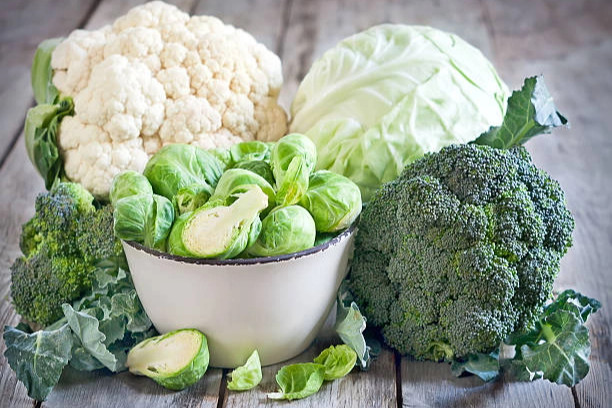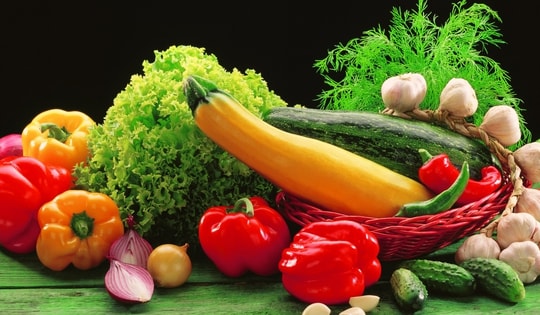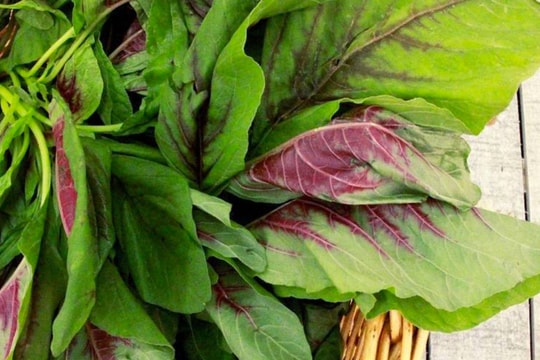Vegetables that are 'available at the market' are considered the nemesis of cancer.
Scientific studies have shown that cruciferous vegetables are not only rich in nutrients but also contain many compounds that can fight cancer.
Cancer nemesis in cruciferous vegetables

Cruciferous vegetables have many anti-cancer properties. Photo: Getty
According toAboluowangCruciferous vegetables include broccoli, cabbage, Brussels sprouts, kale... which contain a lot of glucosinolates.
These are a group of compounds that can be converted into isothiocyanates and indoles, two substances with strong anti-cancer activity. Indole-3-carbinol (I3C) and sulforaphane are the two representative compounds that have been most studied for their cancer prevention ability.
Indole-3-Carbinol (I3C)
I3C found in broccoli has been shown to inhibit cancer cell growth through activating the tumor suppressor gene PTEN.
Research from Beth Israel Deaconess Medical Center shows that I3C can restore the function of PTEN, which helps control cell growth and prevent cancer from developing.
Sulforaphane
Sulforaphane, another compound found in broccoli and other cruciferous vegetables, has been shown to reduce the risk of prostate, breast, colorectal, and oral cancers.
Sulforaphane works by stimulating detoxifying enzymes in the body, helping to prevent the formation and growth of cancer cells (Welcome to UCLA Health) (American Institute for Cancer Research).
Evidence for the anticancer properties of cruciferous vegetables
Prostate cancer
Epidemiological studies suggest that high consumption of cruciferous vegetables may reduce the risk of prostate cancer.
A study published in the journalProceedings of the Nutrition Societyshowed that men who consumed more than three servings of cruciferous vegetables per week had a significantly lower risk of prostate cancer, compared with men who consumed less than one serving per week.
Breast cancer
Studies also show that consuming cruciferous vegetables may reduce the risk of breast cancer, especially non-estrogen receptor-positive (ER-) cancers.
Indole compounds in cruciferous vegetables have the ability to reduce estrogen activity, a major risk factor for hormone-related cancers.
Colorectal cancer
Research from the Harvard School of Public Health suggests that consuming broccoli and other cruciferous vegetables may reduce the risk of colorectal cancer.
The isothiocyanates in cruciferous vegetables help prevent cancer cell growth, by inhibiting carcinogen-activating enzymes and stimulating detoxifying enzymes.
Note
Increasing the consumption of cruciferous vegetables is an effective and easy way to prevent cancer. Cruciferous vegetables are not only rich in nutrients but also contain many compounds that can inhibit the growth of cancer cells.

Cruciferous vegetables bring many health benefits. Illustration: TA
To maximize health benefits, people should include at least three servings of cruciferous vegetables per week in their daily diet.
However, it is important to note that cancer prevention is a complex process that requires a combination of many factors including a healthy lifestyle, a balanced diet and regular health check-ups.
We need to grasp and take these precautions to protect our health and that of our families.



